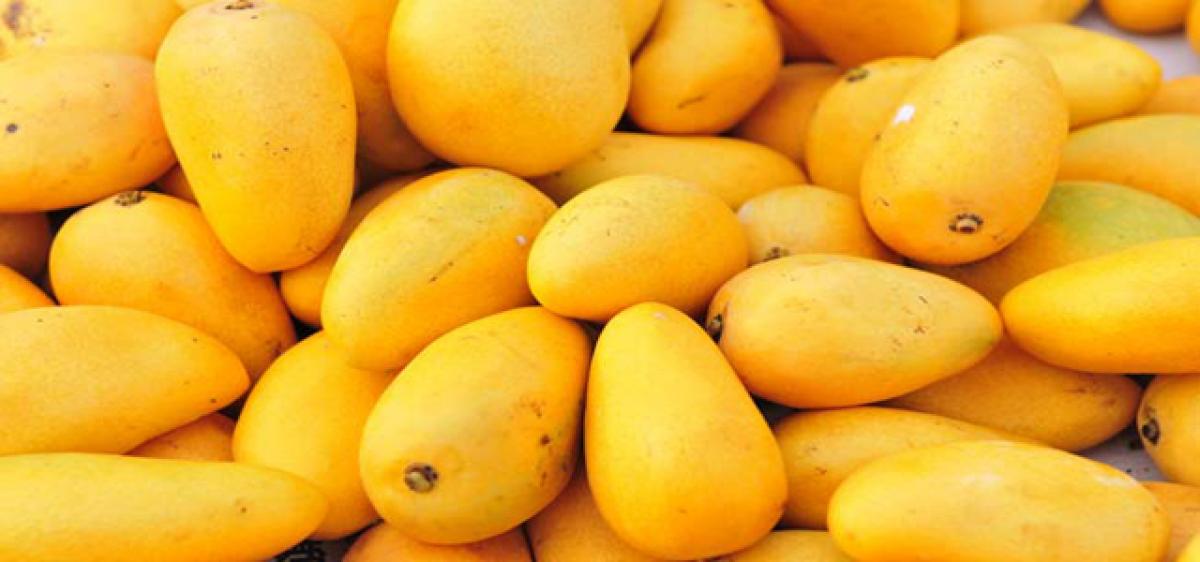Live
- Byju’s vs investors: NCLT defers hearing to June 6
- Biryani blunder: Lord Ram's image on plates sparks outrage in Delhi
- Congress made HD Devegowda PM, don’t know why he is shedding tears: DCM D K Shivakumar
- DGCA Mandates Airlines To Ensure Children under 12 Are Seated with Parents On Flights
- Thomas Nomination Program in Gangadhara Nellore Constituency Draws Massive Support
- Venigandla Ram Receives Full Support in Gudivada, Keshineni Sivanath Vows Victory
- Sundeep Kishan teams up with Thrinadha Rao Nakkina for ‘SK30’
- Kajal set to thrill audiences in action-packed role as ‘Satyabhama’
- Karnataka Chief Minister Siddaramaiah Offers Condolences To Grieving Father Of Stabbing Victim
- BJP winning 35 seats in Bengal will guarantee freedom from illegal infiltration: Amit Shah









